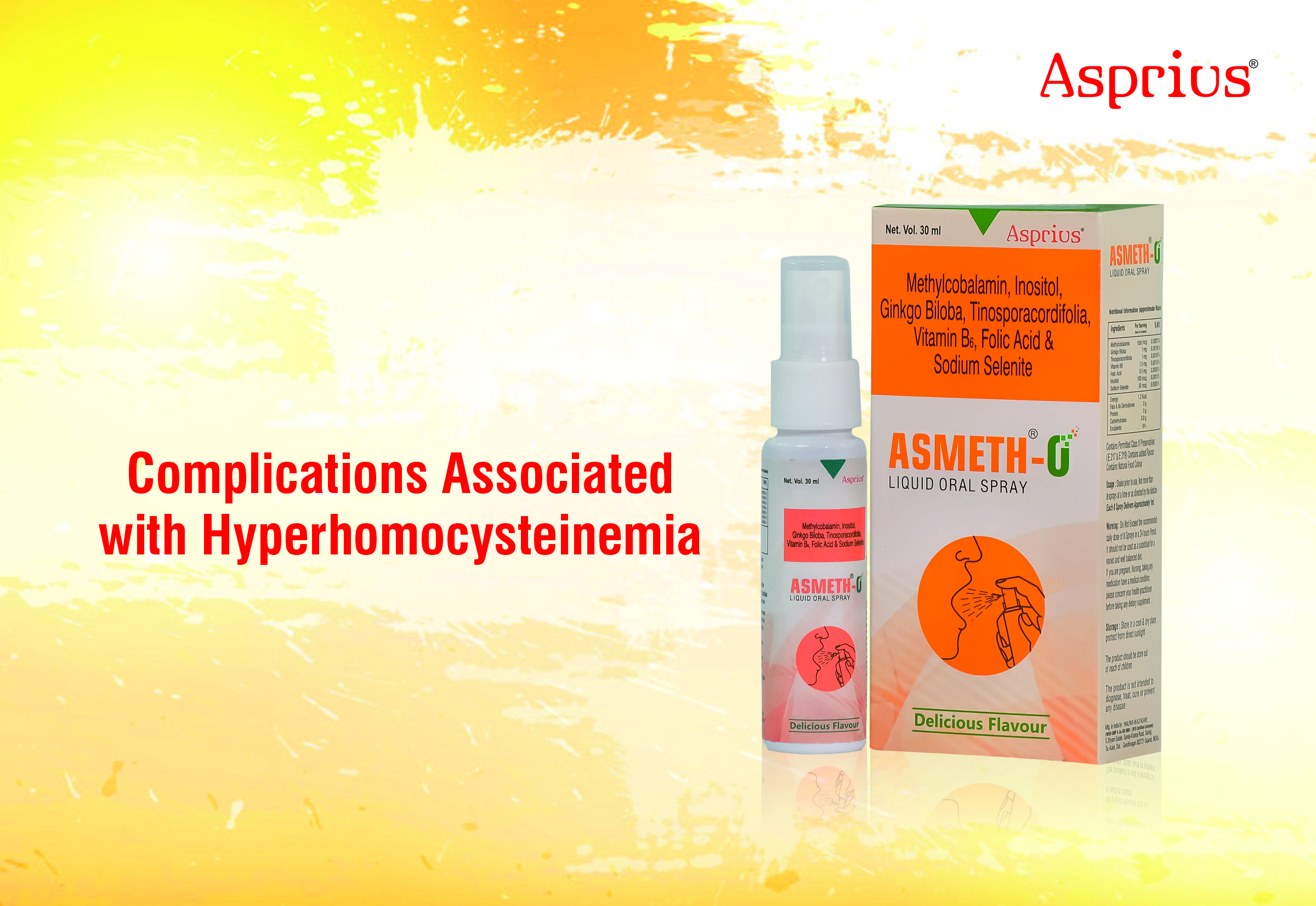Zinc can play important role in extenuating COVID-19

Leading Pharmaceutical Consultant and Editor-in Chief of IJMToday

Drug repurposing is an alternative to novel drug development for the treatment of COVID-19 patients. The anti-malarial drug chloroquine and its metabolite hydroxychloroquine are currently being tested in several clinical trials as potential solution to limit COVID-19 mediated morbidity and mortality.
The stark rise in the cases of novel coronavirus (COVID-19) across the world and now in India has raised numerous doubts among people, especially when the world is grappling towards finding a cure. Scientists and healthcare professionals from prominent medical institutes have been emphasizing on the importance of an optimally functioning immune system to safeguard against the disease. Several clinical nutritionists have also recommended consuming adequate amounts of Vitamin C and D. Zinc is proven to be effective at slowing the rate that similar viruses such as SARS and common cold replicate in the body.
As an essential micronutrient for human health, zinc plays a key role in the immune system. It is associated with many biological functions in the human body and involves in multiple cellular processes. Zinc is vital for more than 300 enzymes in the body, and also plays a role in protein synthesis, wound healing, DNA synthesis, cell division and is required for proper sense of taste and smell. The adult body contains 2-3 grams of zinc. A daily intake of up to 15 mg of zinc is needed to maintain a steady state as there is no specific zinc storage system in the body.
Severe zinc deficiency depresses immune function in the humans. The body requires zinc to develop and activate T-lymphocytes, which is a part of the immune system, develops from stem cells in the bone marrow; helps protect the body from infection. Lymphocytes are white blood cells, one of the body’s main types of immune cells. Individuals with low zinc levels have shown reduced lymphocyte proliferation. The alterations in immune function explains the association of low zinc status with increased susceptibility to pneumonia and other diseases, and zinc deficient person experiences increased susceptibility to a variety of infections. Awareness should be increased on the use of zinc in boosting immunity.
A lot of debates and discussions are going on the potential role of zinc in mitigating COVID-19, at a time when the possibility of having any effective vaccine is months away, if not years. Until then, if any safe medicine could be developed to treat the COVID-19 patients, it would be a welcome move. In this context, zinc is being explored for any potential solution in this human crisis and a number of trials are being conducted globally.
Several studies in the past have stated that zinc has a broad-spectrum antiviral activity against a variety of viruses. Increased intracellular zinc concentrations inhibit RNA-dependent RNA polymerase and other proteins essential for the completion of different phases of the virus life cycle. Further, zinc also helps to maintain robust immune responses by producing cytokine and by modulation of immune cell activity.
Recently, drug repurposing is an alternative to novel drug development for the treatment of COVID- 19 patients. The anti-malarial drug chloroquine and its metabolite hydroxychloroquine are currently being tested in several clinical trials as potential solution to limit COVID-19 mediated morbidity and mortality.
These drugs inhibit pH-dependent steps of COVID-19 replication by increasing pH in intracellular vesicles and interfere with virus particle delivery into host cells.
Besides direct antiviral effects, these anti-malarial drugs specifically target extracellular zinc to intracellular lysosomes where it interferes with RNA-dependent RNA polymerase activity and coronavirus replication. As zinc deficiency is frequent in older adults and patients suffering from cardiovascular disease, chronic pulmonary disease, or diabetes, these drugs combined with zinc supplements can prove more effective in reducing COVID-19 morbidity and mortality than chloroquine or hydroxychloroquine individually. Therefore, these anti-malarial drugs in combination with zinc should be considered for COVID-19 clinical trials.
There are several studies underway on prophylactic use of chloroquine, especially in healthcare workers and their families. A Turkish research team in Istanbul led by Mahir Ozmen, a professor of surgery at the Istinye University, School of Medicine in Istanbul is conducting a study on the use of chloroquine in combination with zinc, vitamin A, vitamin C and vitamin D. Hydroxychloroquine, they say, helps the zinc get inside the infected cells to destroy the virus, and vitamins C and D support immune function. Even if the approach doesn’t prevent infection with COVID-19, they hope it will reduce the severity of the illness and the prophylaxis would buy some time to develop a vaccine that will offer protection to everyone.
In this pandemic situation, intensive clinical trials need to be conducted in order to develop an effective drug to treat the severe patients of COVID-19, till the time any effective vaccine is developed.
As zinc deficiency frequently occurs in elderly patients and in those with cardiovascular disease, chronic pulmonary disease, or diabetes, we hypothesize that CQ/HCQ plus zinc supplementation may be more effective in reducing COVID-19 morbidity and mortality than CQ or HCQ in monotherapy. Therefore, CQ/HCQ in combination with zinc should be considered as additional study arm for COVID-19 clinical trials.
An interesting new finding demonstrated that CQ has characteristics of a zinc ionophore and specifically targets the extracellular trace element zinc to intracellular lysosomes . Zinc is an essential micronutrient, with strictly regulated systemic and intracellular concentrations, and it is physiologically needed for an effective antiviral response .
From in vitro and some clinical studies, it is well known that zinc elicits activity against several viruses . Indeed, it was demonstrated that zinc inhibits the activity of RNA dependent RNA polymerase (RdRp) of Hepatitis E virus . It was further shown in vitro that zinc inhibited coronavirus RdRp activity and that zinc ionophores blocked coronavirus replication . Despite the well-known antiviral effects of zinc and possible properties of CQ/HCQ as zinc ionophore, the combination of zinc with one of these established drugs to achieve additive or even synergistic antiviral effects ought to be still confirmed.
Zinc is a general stimulant of antiviral immunity . In the context of COVID-19 morbidity and mortality, zinc deficiency may be relevant for the outcome of patient populations with severe clinical courses of COVID-19 including elderly patients, patients with hypertension, diabetes, coronary heart disease, or chronic obstructive lung disease. In addition, hypertensive and cardiovascular disease patients are frequently treated with hydrochlorothiazide, angiotensin-converting-enzyme inhibitors, and angiotensin 2 receptor antagonists which can result in an increased urinary excretion of zinc with subsequent systemic zinc deficiency. Zinc deficiency was also demonstrated in diabetic patients. Decreased zinc plasma levels are even present in a large number of healthy elderly patients. The NHANES III study demonstrated that 35%–45% of adults aged 60 years or older had zinc intakes below the estimated average requirement of 6.8 mg/day for elderly females and 9.4 mg/day for elderly males. 20%–25% of older adults still had inadequate zinc intakes even when intakes from both food and dietary supplements were considered. It may be speculated that also younger adults or even infants and adolescents with present zinc deficiency could be at higher risk for severe courses of SARS-CoV-2 infections.
Therefore, we hypothesize that effective zinc supplementation during treatment of COVID-19 with CQ and HCQ, which have zinc ionophore characteristics, may result in increased intracellular zinc levels in general and in lysosomes specifically. Higher intracellular zinc levels might result in a more efficient RdRp inhibition and consequently a more effective inhibition of intracellular SARS-CoV-2 replication, potentially improving clinical outcomes of COVID-19 patients treated with CQ or HCQ. Whether this accumulation and treatment effect may sufficiently occur in relevant pulmonary tissue of COVID-19 patients has to be confirmed.
With the 2019 novel coronavirus (2019-nCoV) outbreak now spreading across the world, people are seeking ways in which to potentially protect themselves from the virus or to alleviate its effects once caught. One such means that is being touted online and in the media is vitamin C.
Vitamin C is best known for its antioxidant properties, being able to scavenge damaging reactive\oxygen species, thus protecting the body’s cells and tissues from oxidative damage and dysfunction. However, the vitamin also has numerous other important functions within the body, many of which are known to support healthy immune function. During infection, vitamin C levels can become depleted and a person’s requirement for vitamin C increases with the severity of the infection . In severe cases, this may require intravenous administration of gram doses in order to achieve high enough levels in the body to compensate for the enhanced turnover of the vitamin.




